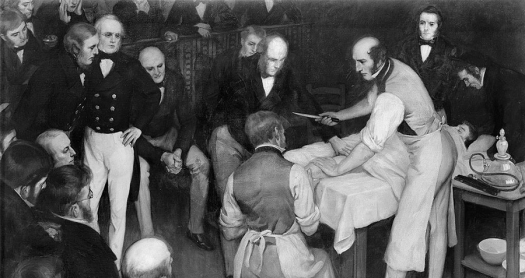Note: This was originally published as the daily newsletter at the Columbia Journalism Review, where I am the chief digital writer
In September, the Wall Street Journal published a series of critical stories about Facebook that the newspaper said were based on a trove of hundreds of internal documents from an unnamed former employee of the company. Three weeks ago, that whistleblower revealed herself on 60 Minutes as Frances Haugen, a former product manager who said she became concerned about the harm being done by Facebook’s products, and the fact that the company allegedly ignored its own research. Haugen subsequently appeared before a Congressional subcommittee investigating Instagram’s impact on the mental health of young women. Then, beginning on October 24, Haugen launched what Ben Smith, the New York Times media writer, called “the journalistic equivalent of an outlet store,” by offering access to the complete trove of internal documents to a hand-picked group of news outlets.
The coverage of Facebook’s alleged transgressions is obviously a story about how a huge tech company deals with its responsibilities to its users, and to society. But, like any large-scale investigation—especially one that involves a consortium and a broken embargo—it’s also a media story. How the documents were released, and who was given access to them and why, has undoubtedly affected the coverage of the issues at hand, for better or worse. The use of an embargo, for example (one which was quickly broken, with the usual rationalizations) and the selection of a few media organizations as gatekeepers of the information seems almost deliberately designed to create a feeding frenzy among news outlets. This in turn has arguably resulted in massive duplication of effort and repetition of information.
Some believe the firehose of reporting risks overwhelming the public with information, and journalists have pointed out that much of what is being reported is already well known, and the new information isn’t terribly compelling. Not everyone agrees with that line of argument, however: Paul Kedrosky, a venture investor, called this “a very interesting rhetorical approach, the idea that if something heinous isn’t more heinous than we previously thought, that it’s fine.” Some might even argue that repeating stories about such complex topics is sometimes necessary, since many normal people (i.e., non-journalists) could have missed previous reports.
Continue reading “The Facebook Papers and media strategy”





